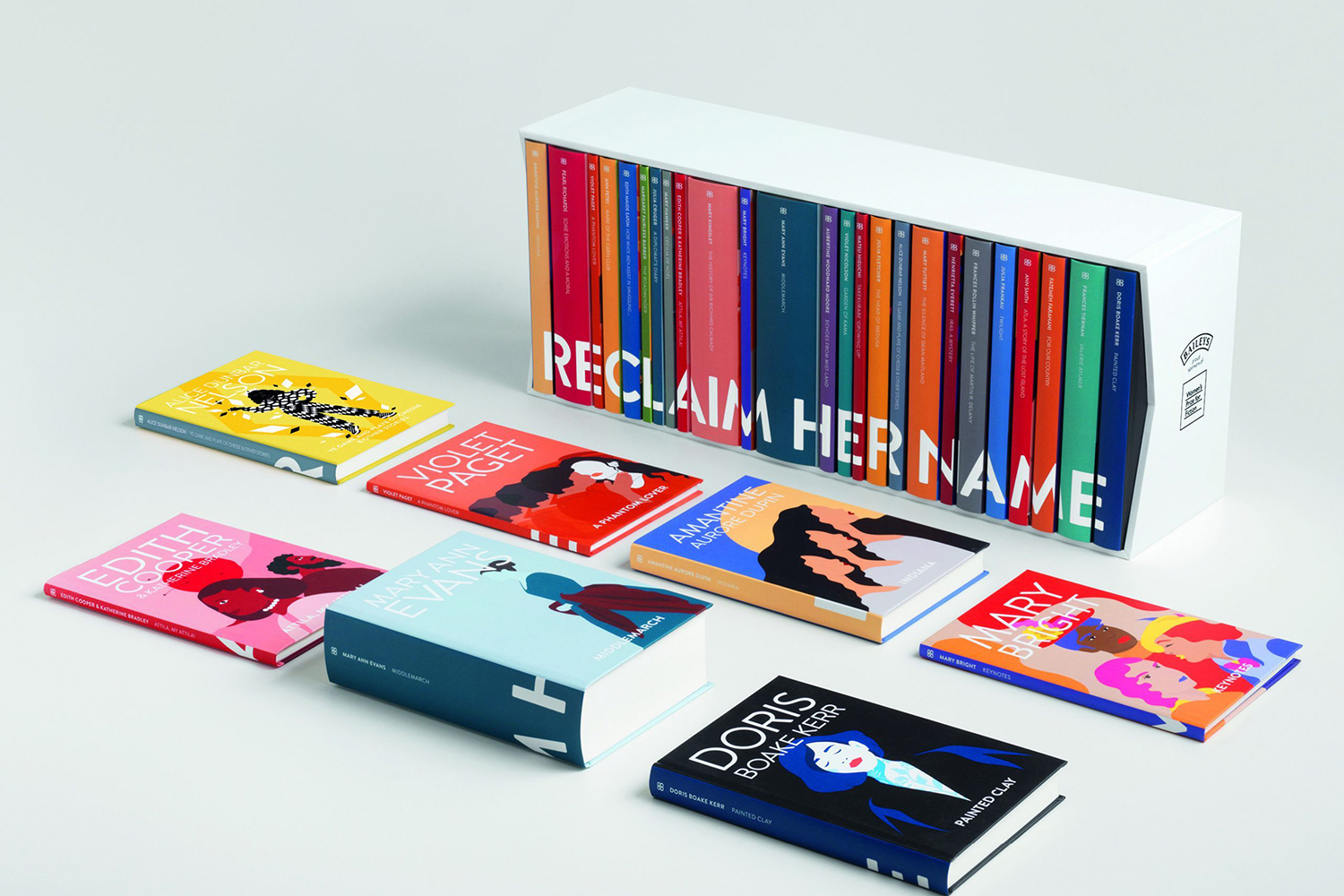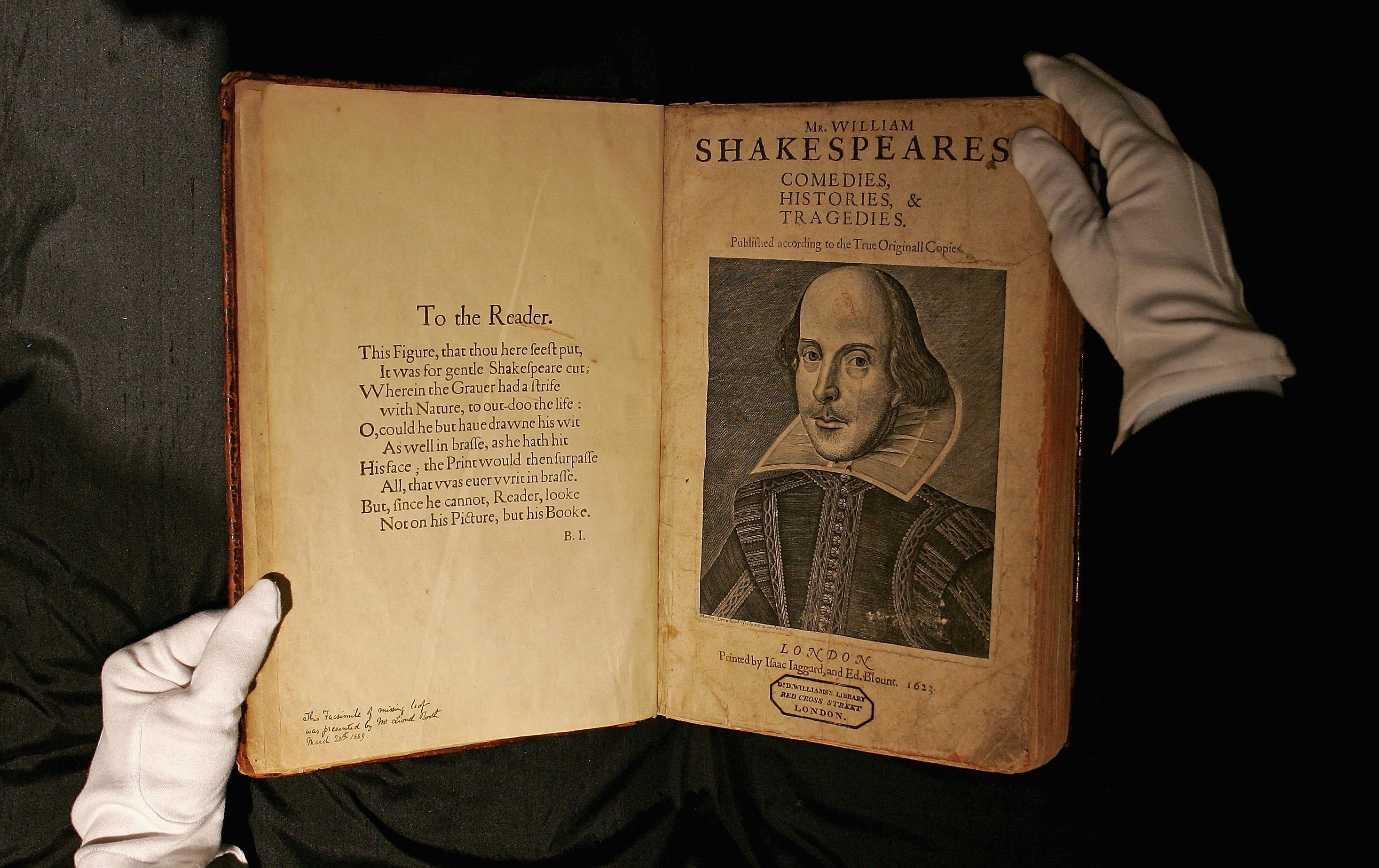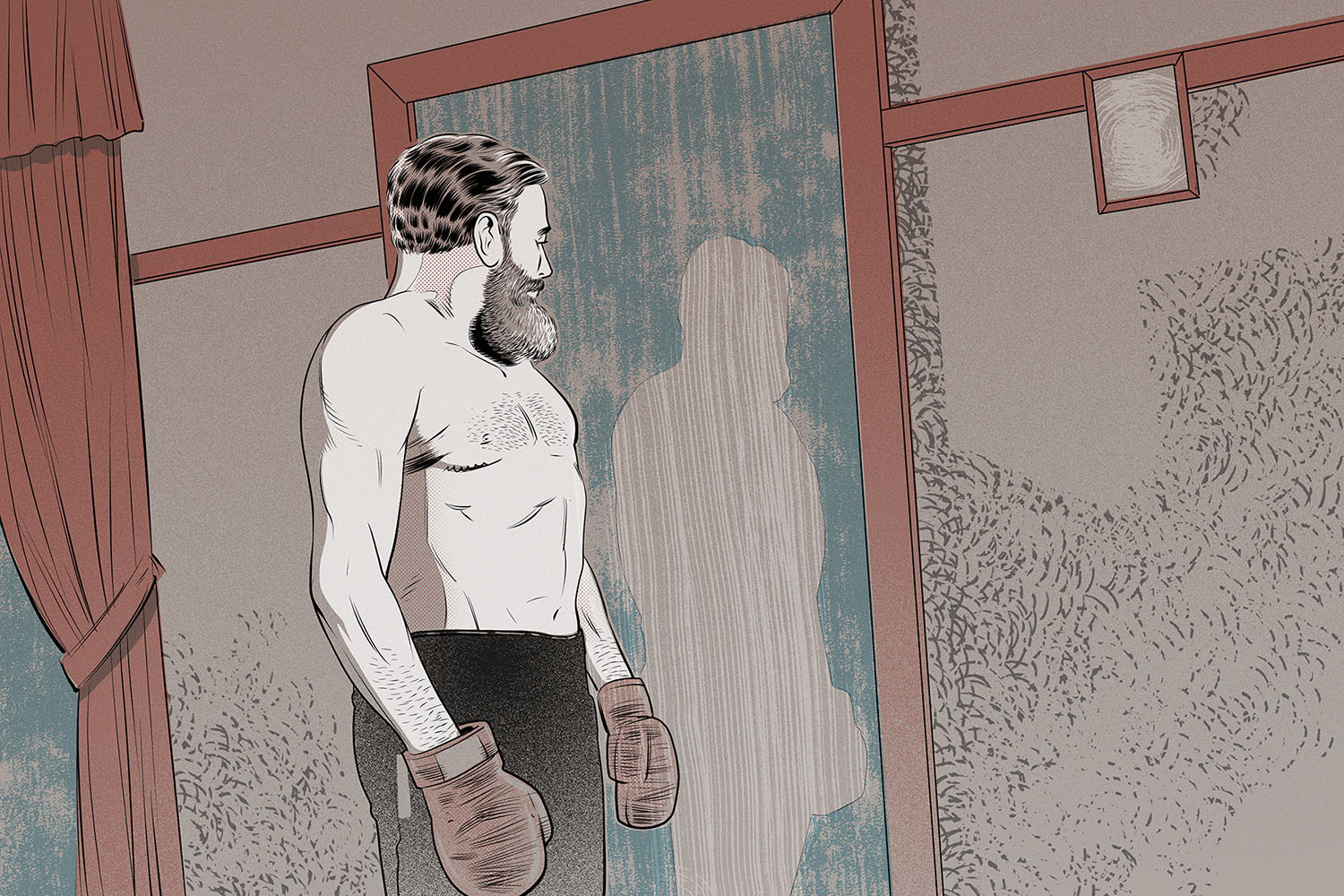In sixth grade, when I, like many middle schoolers, was assigned to read A Midsummer Night’s Dream for the first time, my teacher began our Shakespeare unit by inviting us to get all the rumors about the immortal bard out of our systems. All the usual suspects came up: he didn’t really exist; he did exist but someone else wrote his works; he did exist but also he was maybe multiple people; and he was gay.
As it turns out, middle schoolers aren’t the only ones fixated on Shakespeare’s sexuality, and it would seem we never quite got it out of our systems after all. Scholars have long questioned and debated the famed playwright’s sexuality, but the authors of a forthcoming book claim to have finally cracked the age-old case. Shakespeare, according to the findings of Professor Sir Stanley Wells and Dr. Paul Edmondson, was bisexual beyond reasonable doubt.
According to the Telegraph, the scholars arrived at this conclusion after chronologically ordering Shakespeare’s 182 sonnets — including 28 from his plays — and determining that 27 are addressed to males, 10 to females and the other 145 are “open in their directions of desire,” leaving the gender identity of the beloved in question.
“The language of sexuality in some of the sonnets, which are definitely addressed to a male subject, leaves us in no doubt that Shakespeare was bisexual,” said Edmondson. “It’s become fashionable since the mid-1980s to think of Shakespeare as gay. But he was married and had children. Some of these sonnets are addressed to a female and others to a male. To reclaim the term bisexual seems to be quite an original thing to be doing.”
Do I think the bi community, which frequently suffers from erasure at the hands of the gay/straight binary, deserves a bisexual Shakespeare? Absolutely. Do I think it’s a step in the right direction to remove our discussions of Shakespeare’s sexuality from the confines of that gay/straight binary? Also yes. But do I think anyone, even the most elite literary scholars, can claim to have definitively identified and labeled anyone else’s sexual identity, let alone someone who died more than 400 years ago? Absolutely not.
As we now know in our presumably enlightened age, gender and sexuality are fluid, probably to an extent that Shakespeare would not have really had the language to express at that time. It’s a largely futile effort to try to map our current understanding of gender and sexuality onto the past, in part because the only person who can definitively claim to label a person’s sexual identity is that person themselves. However Shakespeare may have identified during his lifetime — whether or not it would be the same if he lived today — has been lost to history. Shakespeare can’t tell us whether he was gay, bi, pansexual or something else, so continuing to speculate on it — let alone claim to have come to a definitive answer — seems a bit dated and violating.
We can’t know how Shakespeare might have identified, nor does it really matter. But since needlessly speculating on the sexual identity of dead writers still seems to be one of the great literary pastimes, congrats to the bi community on their new 16th-century icon.
Thanks for reading InsideHook. Sign up for our daily newsletter and be in the know.

















